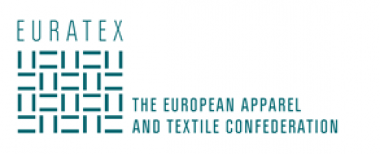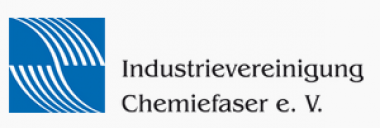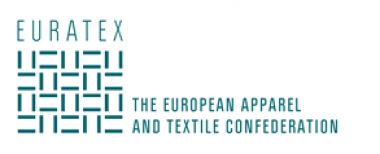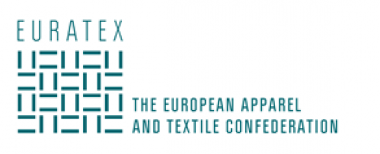INDA moves IDEA® to a two-year cycle and FiltXPO™ to every 18 months
INDA, the Association of the Nonwoven Fabrics Industry, announces that IDEA® – an event for the Nonwovens & Engineered Fabrics Industry – will be held every two years instead of three starting in 2024.
The upcoming dates for IDEA® under the new schedule will be March 28-31, 2022, as currently scheduled, and then April 23-25, 2024. Both will be held as live, in-person events at the Miami Beach Convention Center in Florida.
“INDA has three key reasons for making this change in event frequency,” said Dave Rousse, INDA President. “First, the nonwovens industry has been a vibrant, innovative sector with new products, processes and materials every year, so providing an opportunity to showcase more frequently these new developments better serves the industry. Second, one of the major nonwoven events in Asia has declared they will run each and every year, impacting the past three-year cycle of major shows in the nonwovens industry. Third, coming out of the Covid pandemic, market research predicts for the near future that regional events are expected to be better supported than global events.”
The last time IDEA® was held in 2019 it broke all attendance records. INDA expects the 2022 edition March 28-31 to attract several thousand senior-level buyers and attendees from over 60 countries and several hundred exhibitors from a myriad of industry sectors, including absorbent hygiene, wipes, filtration, medical and surgical products, personal protective equipment, home and office furnishings, transportation, geosynthetics and building construction.

































